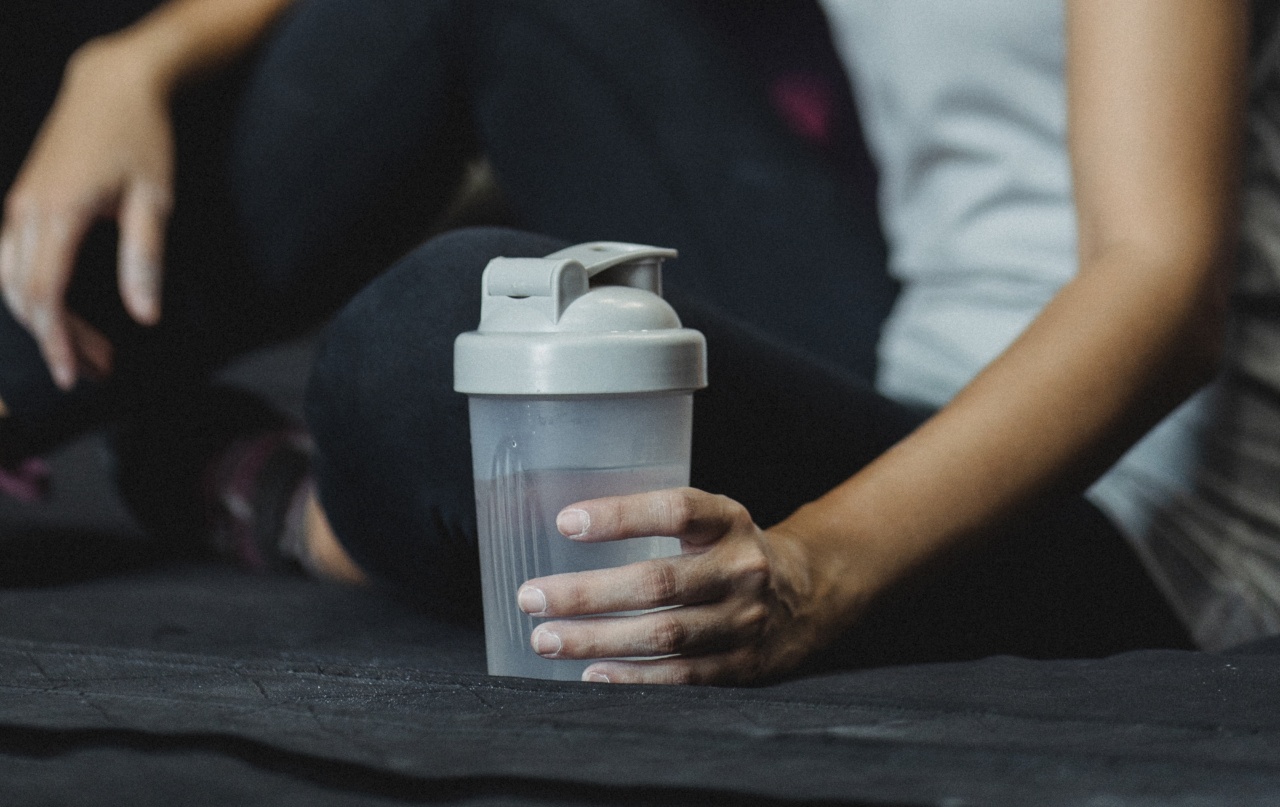When it comes to working out, most people know that eating right is important. But some may not be aware just how important protein is for workout recovery.
Protein is essential for repairing and rebuilding muscles after a workout, and without it, the body can’t properly recover. In this article, we’ll explore the many benefits of protein in workout recovery and how you can make sure you’re getting enough.
What is Protein?
Protein is one of the three macronutrients that the body needs to function properly (the other two are carbohydrates and fats). Protein is made up of amino acids, which are the building blocks of the body.
There are 20 different types of amino acids, and the body needs all of them to function properly.
Why is Protein Important for Workout Recovery?
When you work out, you’re essentially breaking down your muscle fibers. These fibers need to be repaired and rebuilt in order to get stronger. That’s where protein comes in.
When you consume protein, it helps to repair and rebuild those muscle fibers, making them stronger than they were before. Consuming enough protein after a workout can also help to reduce muscle soreness and improve overall recovery time.
How Much Protein Do You Need?
The amount of protein you need depends on a variety of factors, including your weight, age, and activity level. The general recommendation for most adults is to consume between 0.8 and 1.2 grams of protein per kilogram of body weight per day.
However, if you’re an athlete or someone who engages in regular intense workouts, you may need more.
When Should You Consume Protein?
The best time to consume protein for workout recovery is within 30 minutes to an hour after finishing your workout. This is when your muscles are most receptive to nutrients and are in need of repair and recovery.
Consuming protein at this time can help to optimize muscle recovery and prevent muscle breakdown.
What Are Some Good Sources of Protein?
There are many different sources of protein, including animal and plant-based sources. Some good sources of protein include:.
- Chicken, turkey, and other lean meats
- Fish and seafood
- Eggs and egg whites
- Low-fat dairy products, such as milk, yogurt, and cheese
- Beans and legumes, such as chickpeas and lentils
- Nuts and seeds, such as almonds and chia seeds
- Soy products, such as tofu and tempeh
How Can You Ensure You’re Getting Enough Protein?
If you’re concerned about getting enough protein, there are a few steps you can take to ensure you’re getting what you need:.
- Include a source of protein in every meal and snack
- Choose lean sources of protein, such as chicken and fish
- Use protein supplements, such as protein powders or bars, if necessary
- Track your protein intake to make sure you’re getting enough
The Bottom Line
Protein is essential for workout recovery, and consuming enough of it can help to optimize muscle repair and recovery.
Make sure you’re getting enough protein by including a source of protein in every meal and snack, choosing lean sources of protein, and tracking your protein intake if necessary. When it comes to working out, don’t underestimate the power of protein!.


























